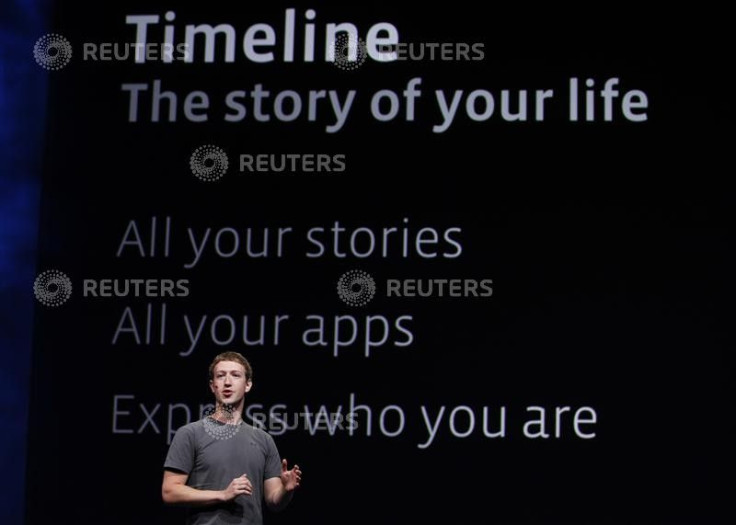Could Facebook Changes Lead to a Google+ Boom?

Could changes on Facebook become a crucial business opportunity for Google+?
The storyline seems familiar: People at first rant about the new changes to the site, but then eventually accept it, thus allowing Facebook to continue its growth.
With previous site changes, users did not have as many well-known options to fight the company's decisions. MySpace was dying out, which meant people either accepted the changes or left the social-media scene (more chose the former).
But now, Google may have the answer to some people's prayers. On message boards, blogs and even Facebook profiles, those upset with Facebook's new changes have said they are off to Google+.
With over 750 million accounts, Facebook has dominated the social media scene for years. Robert Drew, a professor of communication at Saginaw Valley State University, told the Midland Daily News that Facebook's dominance may make it difficult for a company such as Google to compete.
It'll be a tough go for Google because Facebook's user group is so large and entrenched by now, Drew said. It's not like the days of MySpace, or before that, Friendster, when there was a great deal less loyalty and force of habit among consumers.
Jason Swackhamer, director of Web communications at the same university, told the paper he doesn't envision a mass exodus away from Facebook given that it has become so ingrained in so many people's lives. However, he notes that Google is trying to capitalize on privacy concerns with Facebook, which could begin to eat away at time spent on the social network.
I think the most frustrating thing for social media users is that there isn't one pre-eminent social media product, therefore they all maintain their place at the table. Each one has unique, appealing features, Swackhamer said. Facebook must pay attention and respond because the Google Empire has proven to be successful.
Google +, launched in the summer, saw quick growth at its start, although its estimated 25 million users is merely a small fraction of Facebook's community. The service was originally by invitation only; however, Google announced last week that it is now open to the Internet public.
Furthermore, Google announced features such as its Hangouts, a video-chat feature to allow mobile use and broadcasting. In the meantime, Facebook has recently received substantial criticism for the new changes it just launched -- which include the Ticker and Timeline applications, along with the apps.
The International Business Times reported Saturday that in a survey of over 1,000 people conducted by social-voting-based site Sodahead, about 86 percent of the Facebook audience said they disapproved of the changes of Facebook. That number included 91 percent of teenagers, 89 percent of women and 78 percent of young adults.
Facebook CEO Mark Zuckerberg, at the recent F8 Developers conference in San Francisco, said he was aware of the dissent and that user opinions were always welcome. However, he told reporters that the site had been tested by those inside and outside of the company and they had no plans at the time to change.
© Copyright IBTimes 2024. All rights reserved.











